“Obviously not a complete success, but still nonetheless successful,” Elon Musk said.


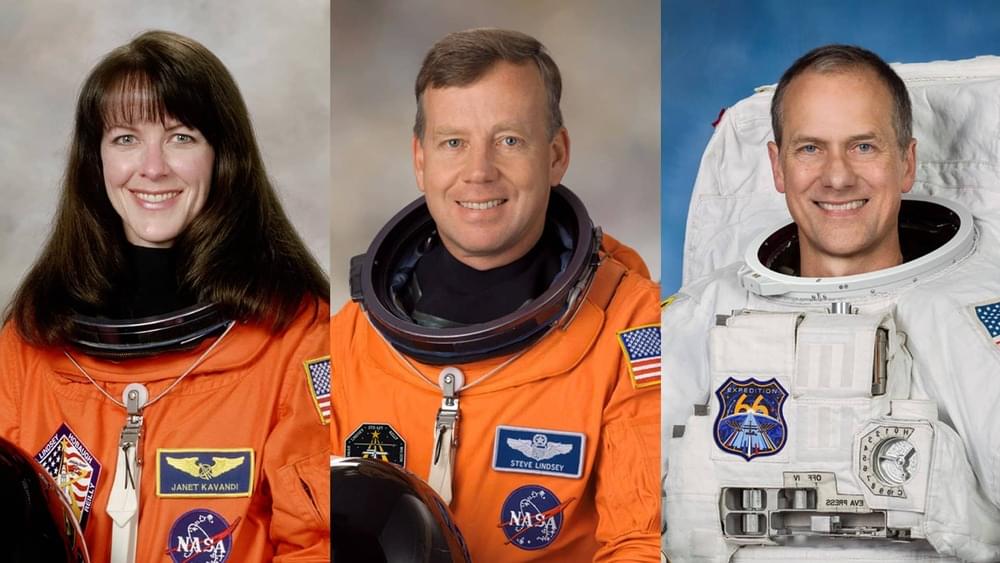
On May 5, 1961, Mercury astronaut Alan Shepard made history by becoming the first American to fly into space aboard the Freedom 7 capsule. To honor his pioneering achievement, we celebrate National Astronaut Day on the anniversary of his historic flight. This day provides an opportunity to recognize American astronauts’ accomplishments and inspire the next generation to reach for the stars.
Sierra Space is proud to commemorate National Astronaut Day as we democratize space travel and make it accessible to all. Looking toward the future of space travel, we want to acknowledge the role of commercial space companies that are reimagining human spaceflight in the Orbital Age. With the advancement of space technology, we can now explore space in ways that were once impossible, making it accessible to everyone.
To pave the way for the Orbital Age, Sierra Space is privileged to have three veteran NASA astronauts on our leadership team, including Dr. Janet Kavandi, Steve Lindsey, and Dr. Tom Marshburn.
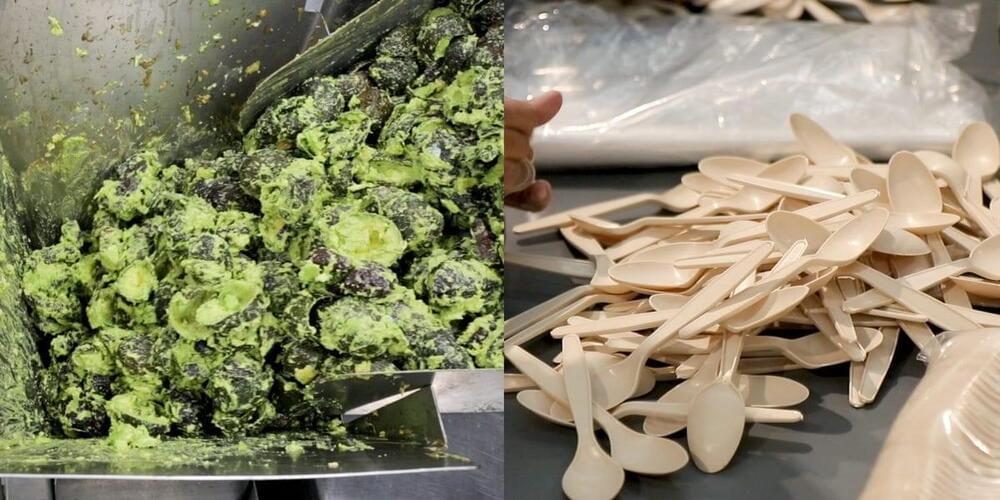
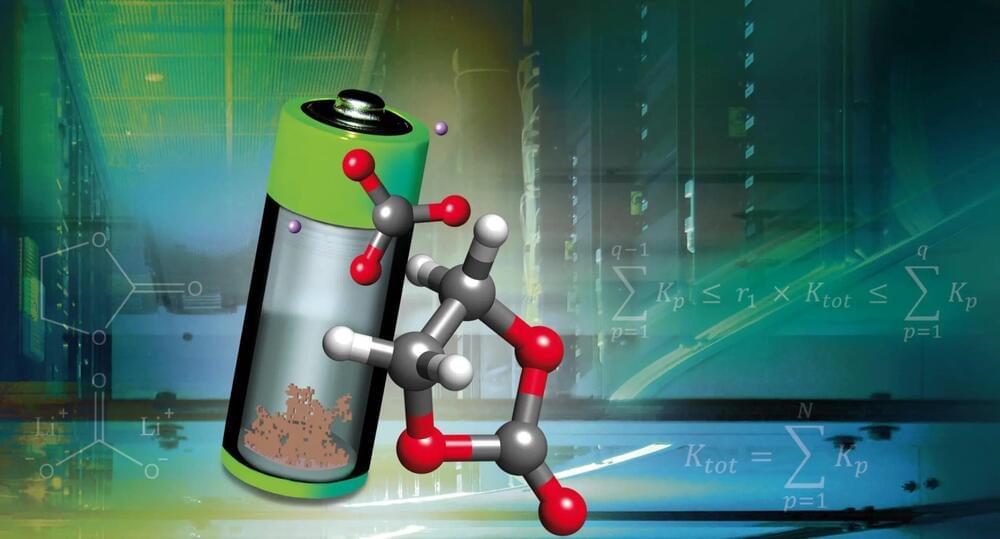
Researchers at the KIT Institute of Nanotechnology (INT) now managed to characterize the formation of the SEI with a multi-scale approach. “This solves one of the great mysteries regarding an essential part of all liquid electrolyte batteries – especially the lithium-ion batteries we all use every day,” says Professor Wolfgang Wenzel, director of the research group “Multiscale Materials Modelling and Virtual Design ” at INT, which is involved in the large-scale European research initiative BATTERY 2030+ that aims to develop safe, affordable, long-lasting, sustainable high-performance batteries for the future.
The KIT researchers report on their findings in the journal Advanced Energy Materials.
To examine the growth and composition of the passivation layer at the anode of liquid electrolyte batteries, the researchers at INT generated an ensemble of over 50 000 simulations representing different reaction conditions. They found that the growth of the organic SEI follows a solution-mediated pathway: First, SEI precursors that are formed directly at the surface join far away from the electrode surface via a nucleation process.
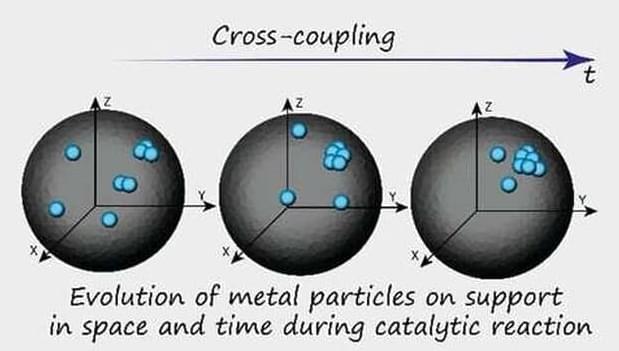
A small team of chemists at the Russian Academy of Sciences, has found that metal atoms, not nanoparticles, play the key role in catalysts used in fine organic synthesis. In the study, reported in the Journal of the American Chemical Society, the group used multiple types of electron microscopy to track a region of a catalyst during a reaction to learn more about how it was proceeding.
Prior research has shown that there are two main methods for studying a reaction. The first is the most basic: As ingredients are added, the reaction is simply observed and/or measured. This can be facilitated through use of high-speed cameras. This approach will not work with nanoscale reactions, of course. In such cases, chemists use a second method: They attempt to capture the state of all the components before and after the reaction and then compare them to learn more about what happened.
This second approach leaves much to be desired, however, as there is no way to prove that the objects under study correspond with one another. In recent years, chemists have been working on a new approach: Following the action of a single particle during the reaction. This new method has proven to have merit but it has limitations as well—it also cannot be used for reactions that occur in the nanoworld. In this new effort, the researchers used multiple types of electron microscopy coupled with machine-learning algorithms.
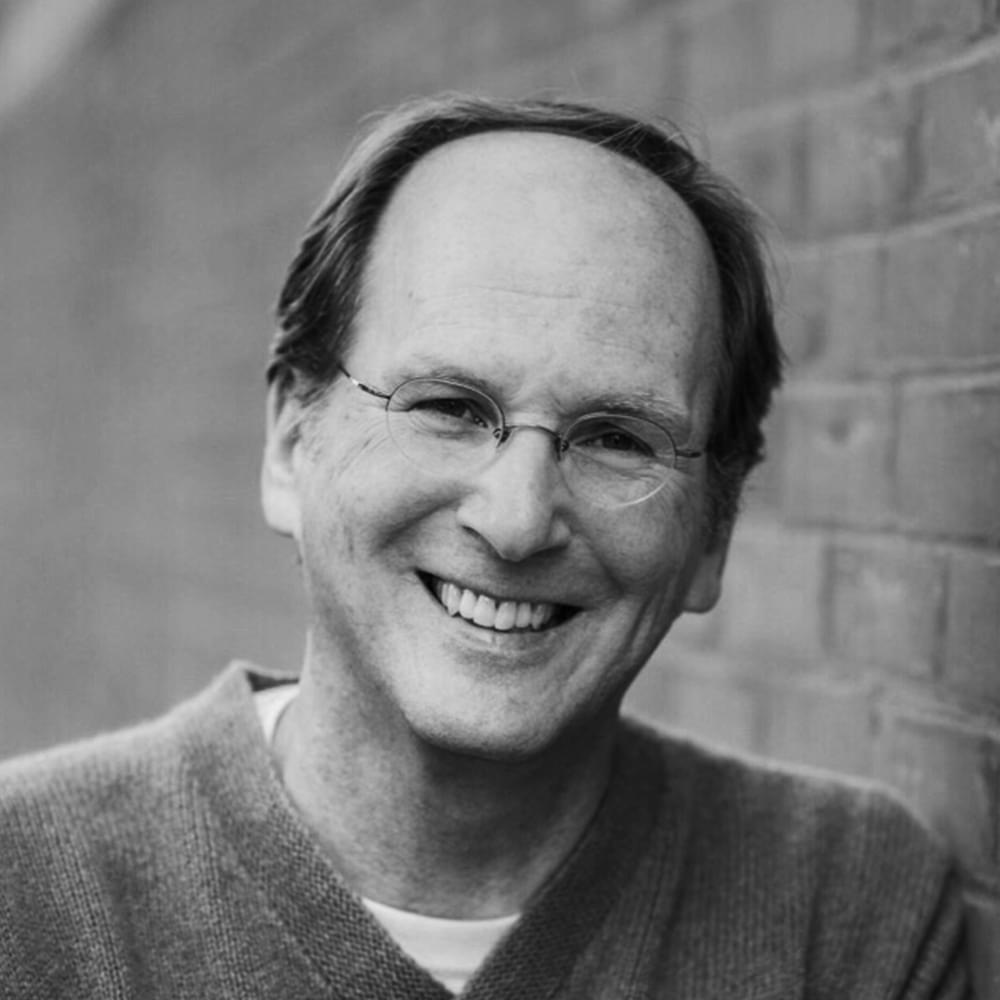
Perpetual motion machines are impossible, at least in our everyday world. But down at the level of quantum mechanics, the laws of thermodynamics don’t always apply in quite the same way. In 2021, after years of effort, physicists successfully demonstrated the reality of a “time crystal,” a new state of matter that is both stable and ever-changing without any input of energy. In this episode, Steven Strogatz discusses time crystals and their significance with the theoretical physicist Vedika Khemani of Stanford University, who co-discovered that they were possible and then helped to create one on a quantum computing platform.
Listen on Apple Podcasts, Spotify, Google Podcasts, Stitcher, TuneIn or your favorite podcasting app, or you can stream it from Quanta.

Welcome to Edition 5.36 of the Rocket Report! A long time ago in a galaxy far, far away, the space media were given a May 4 launch date for United Launch Alliance’s Vulcan rocket. Alas, May the 4th, in 2023, wasn’t meant to be. In this week’s report, I explain why.
As always, we welcome reader submissions, and if you don’t want to miss an issue, please subscribe using the box below (the form will not appear on AMP-enabled versions of the site). Each report will include information on small-, medium-, and heavy-lift rockets as well as a quick look ahead at the next three launches on the calendar.
Electron to serve as a hypersonics test bed. Rocket Lab’s small booster will use essentially the same first and second stages for hypersonic test flights, but it will have a modified kick stage that will allow Electron to deploy payloads with a mass of up to 600 kg into trajectories five times greater than the speed of sound, Ars reports. The Army, Navy, and Air Force are all developing hypersonic missiles to provide a fast-moving, maneuverable capability for striking targets quickly from thousands of kilometers away. Among the research problems the military likely wants to test is managing the extreme heat that hypersonic missiles are exposed to by traveling at high speeds in the atmosphere for most of their flight.
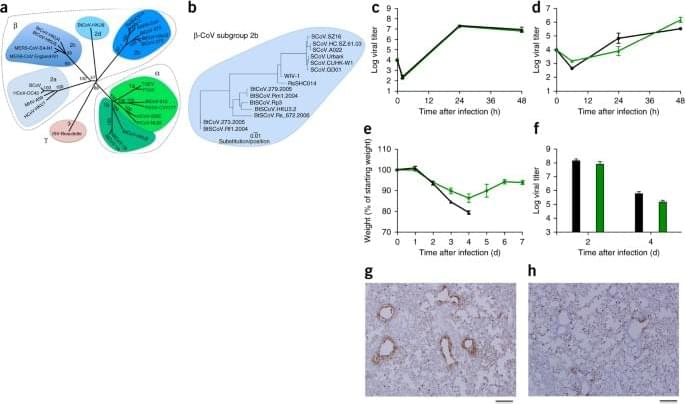
The WHO says covid is no longer an emergency, yet does not say where covid originated from. No one knows. What I know is that covid is a cute name for SARS/Coronavirus. Something made in a lab at UNC Chapel Hill with Ralph Baric and his collegue from Wuhan China which he shared his gain of function research with. However the Nature article published in 2015 has this disclaimer, yet there is no animal origin after more than 3 years. So what do we believe?
“30 March 2020 Editors’ note, March 2020: We are aware that this article is being used as the basis for unverified theories that the novel coronavirus causing COVID-19 was engineered. There is no evidence that this is true; scientists believe that an animal is the most likely source of the coronavirus.”
The results indicate that group 2b viruses encoding the SHC014 spike in a wild-type backbone can efficiently use multiple orthologs of the SARS receptor human angiotensin converting enzyme II (ACE2), replicate efficiently in primary human airway cells and achieve in vitro titers equivalent to epidemic strains of SARS-CoV. ACE2 🤔
Ralph Baric, Vineet Menachery and colleagues characterize a SARS-like coronavirus circulating in Chinese horseshoe bats to determine its potential to infect primary human airway epithelial cells, cause disease in mice and respond to available therapeutics.
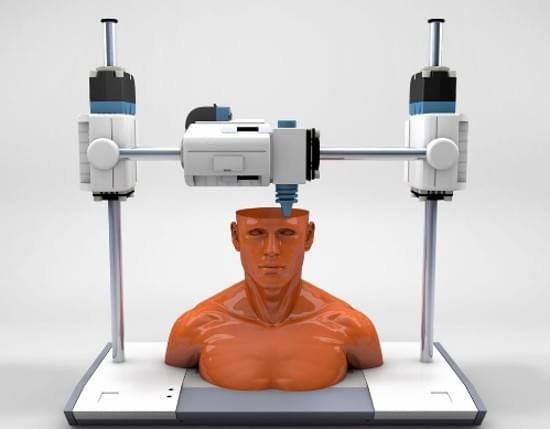
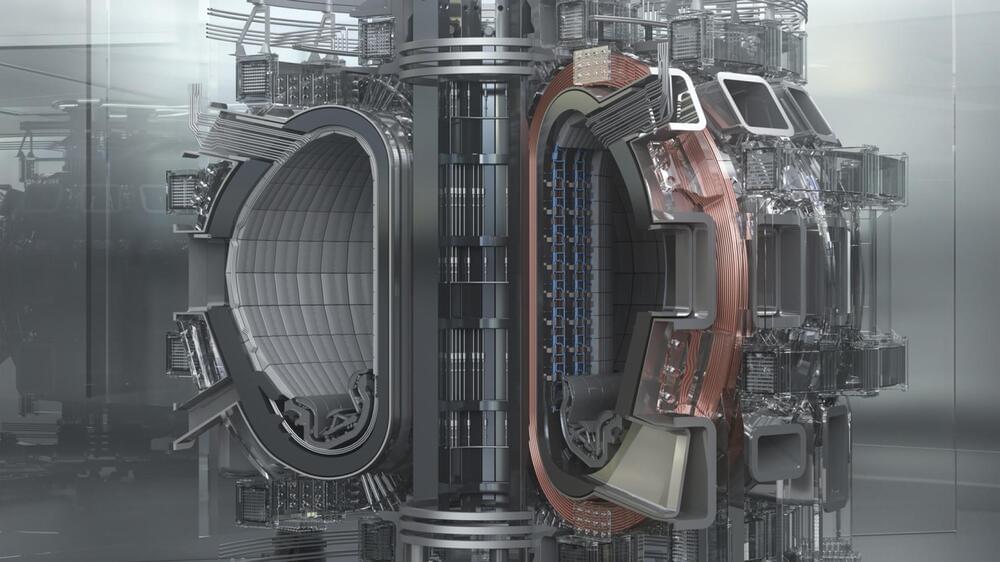
Fusion reactor.
Without a doubt someday it is possible to have fusion power plants providing sustainable energy resolving our long-standing energy problems. This is the main reason so many scientists throughout the world are carrying out research on this power source. The generation of power from this method actually mimics the sun.